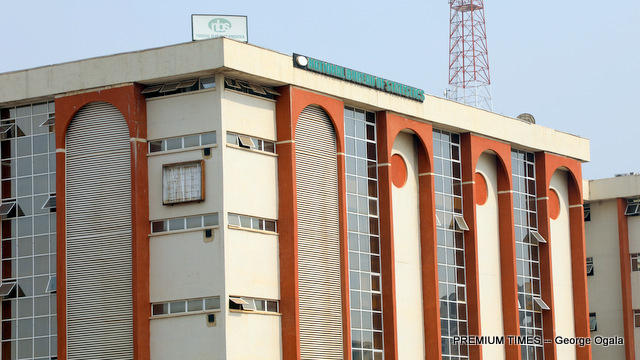 Nigeria’s inflation rate reached a new high of 26.72% in September, according to the latest data from the National Bureau of Statistics (NBS).
Nigeria’s inflation rate reached a new high of 26.72% in September, according to the latest data from the National Bureau of Statistics (NBS).
This is the highest inflation rate recorded in the country since April 2022. The NBS said the increase in inflation was mainly driven by the rising prices of food and non-alcoholic beverages, which accounted for 13.84% of the headline inflation rate.
Other factors that contributed to the inflation surge were the removal of petrol subsidies, the devaluation of the naira, and the impact of the COVID-19 pandemic on the economy.
The NBS report showed that food inflation rose to 30.64% in September, up from 29.34% in August. This was attributed to the high costs of potatoes, yam, other tubers, bread, cereals, fruits, and fish. The report also revealed that urban inflation was higher than rural inflation, at 28.68% and 24.94% respectively. The highest inflation rates were recorded in Kogi (32.12%), Bauchi (31.82%), and Zamfara (31.46%) states, while the lowest were recorded in Kwara (22.67%), Delta (23.07%), and Abuja (23.32%).
The NBS said the core inflation rate, which excludes volatile agricultural produce and energy prices, was 21.84% in September, up from 21.64% in August. The core inflation rate was influenced by the increase in prices of passenger transport by road and air, medical services, furniture repair and maintenance, and personal transport equipment.
The NBS said the average annual inflation rate for the twelve months ending September 2023 was 25.65%, which was higher than the 19.36% recorded in September 2022.
The high inflation rate has eroded the purchasing power of Nigerians and increased their cost of living. It has also posed a challenge for the monetary policy authorities, who have to balance between stimulating economic growth and curbing inflationary pressures.
In July, the Central Bank of Nigeria (CBN) raised its benchmark interest rate to 18.75%, the highest level since 2004, in a bid to tame inflation and stabilize the exchange rate.


